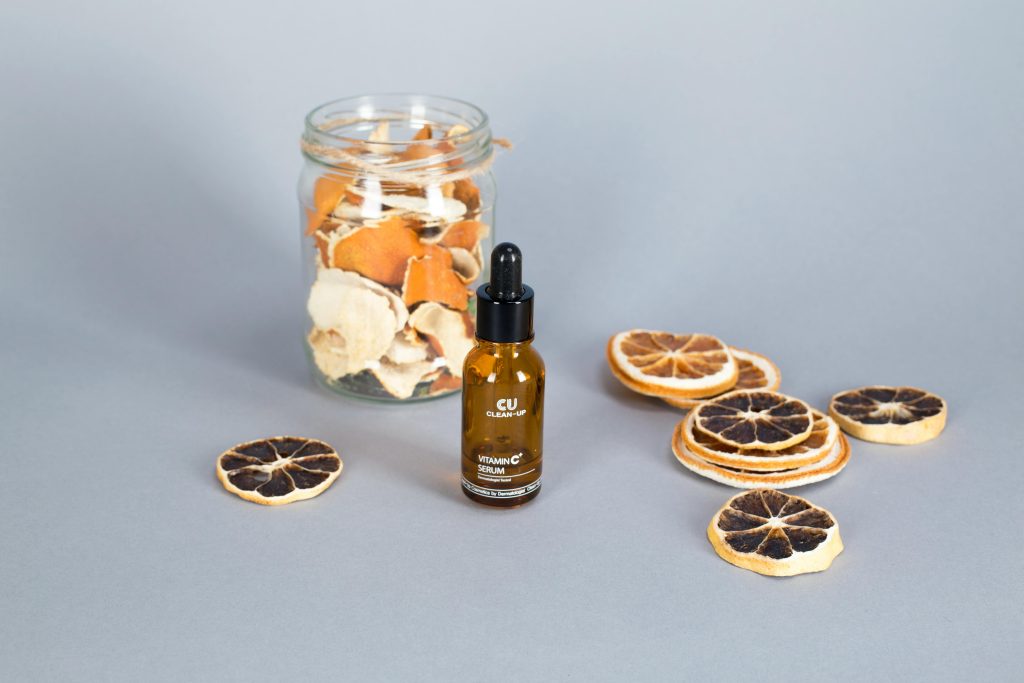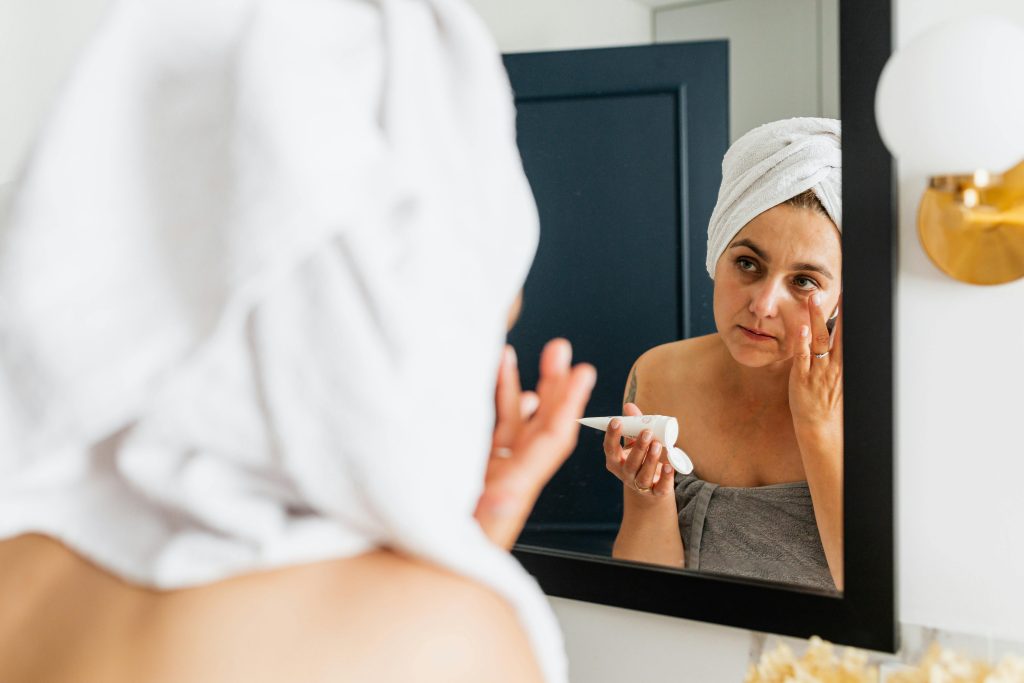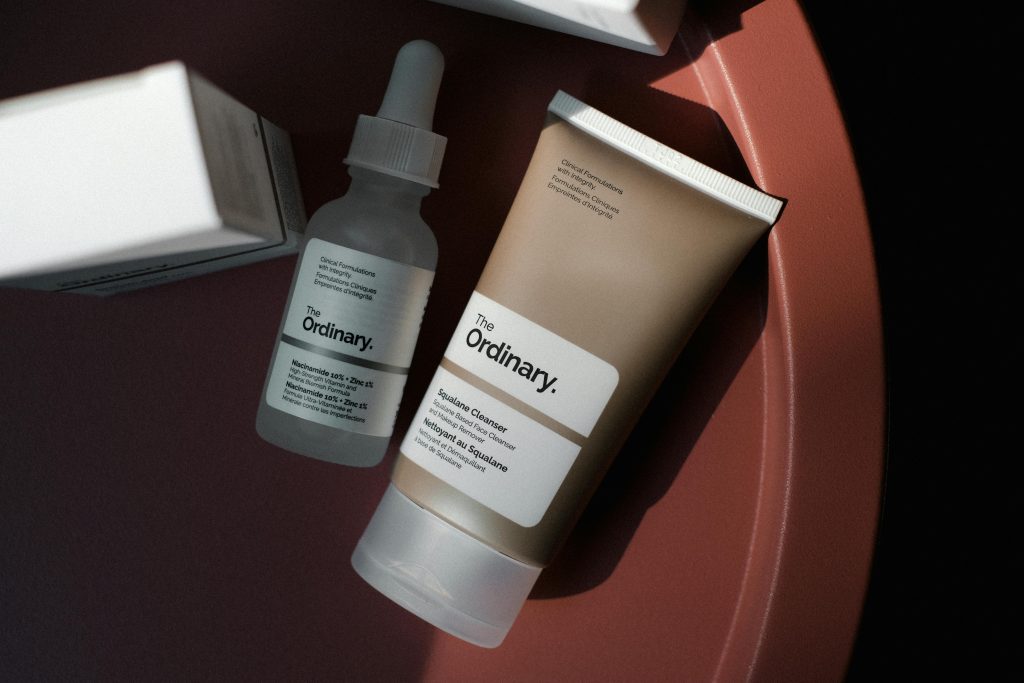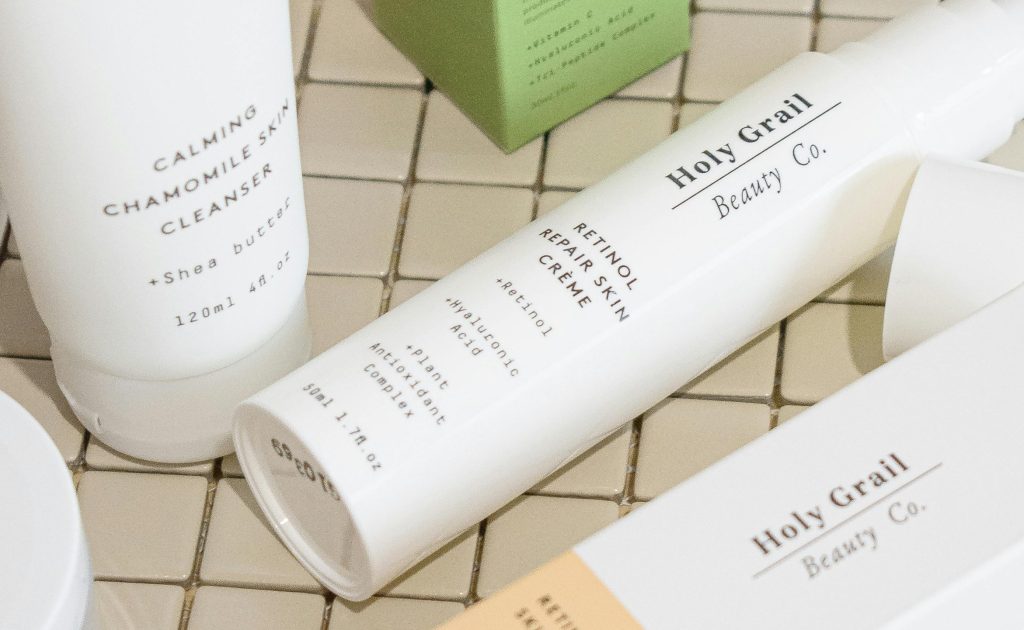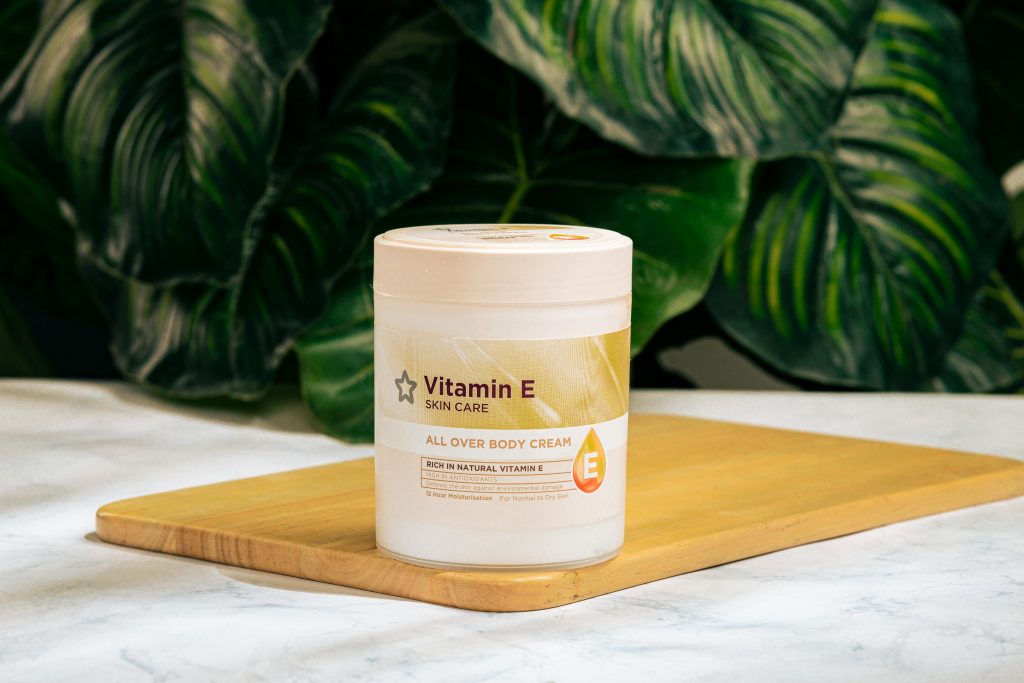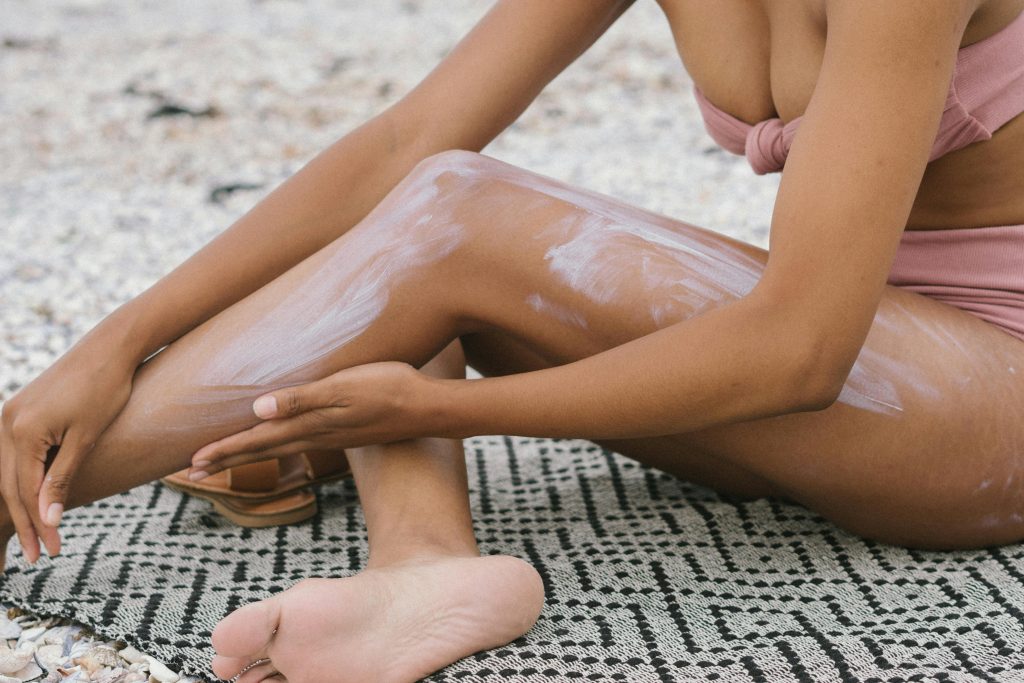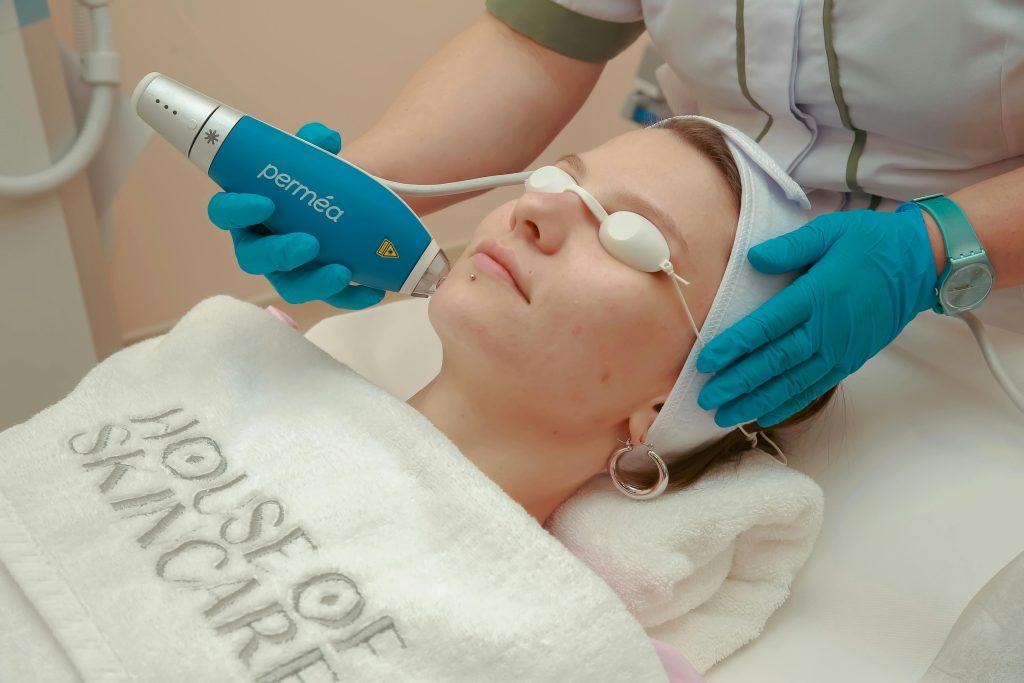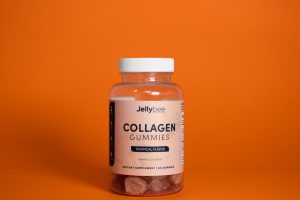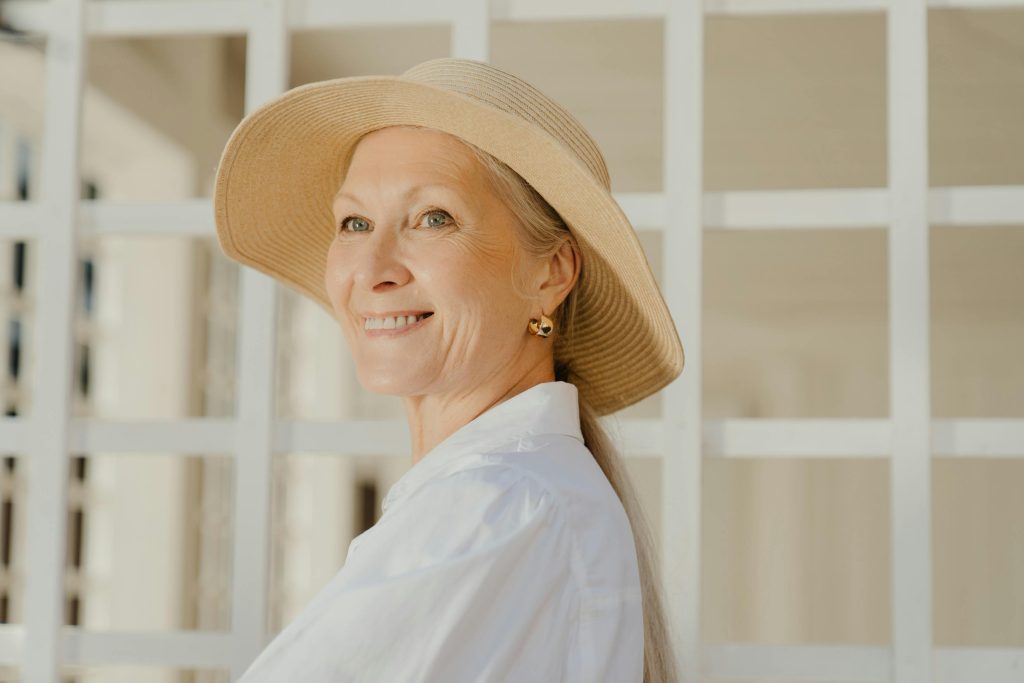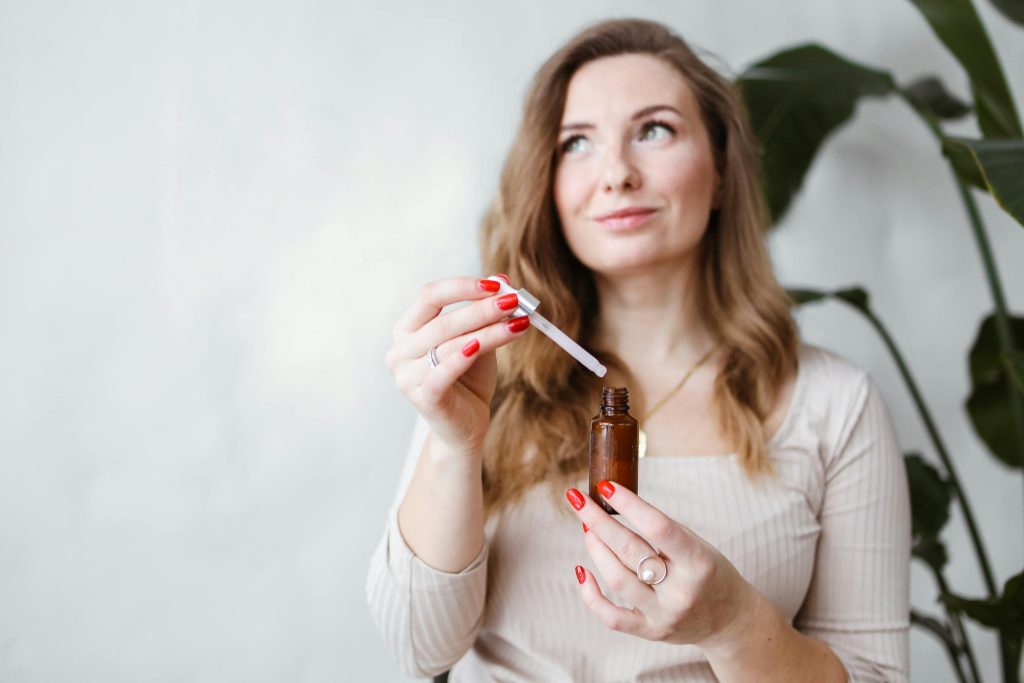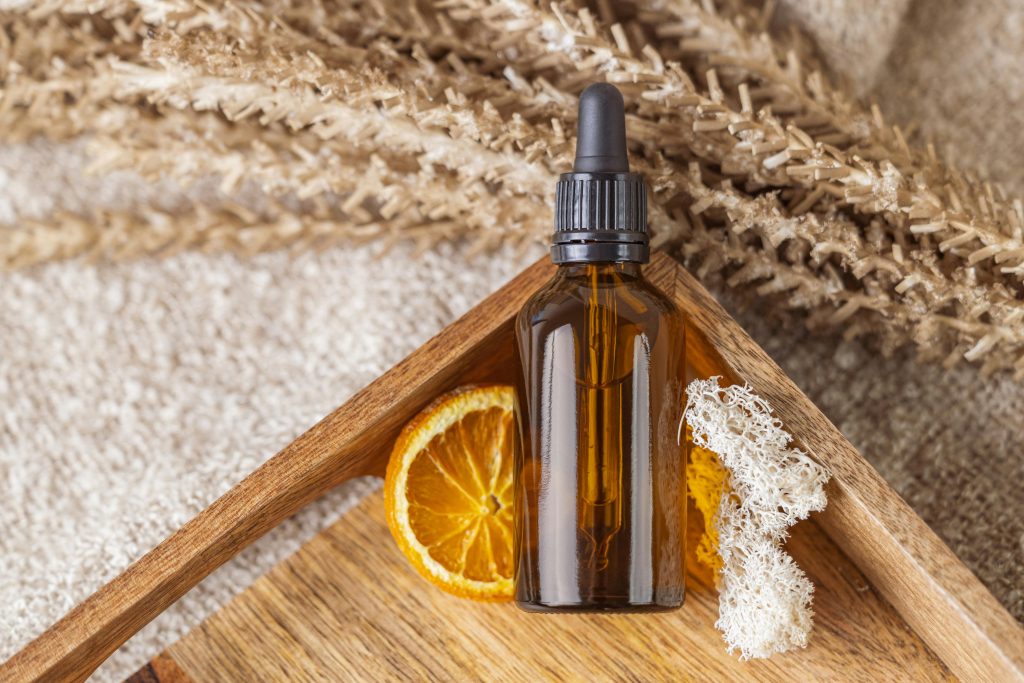
As an Amazon affiliate, I earn a commission for the products linked below.
Lifestyle Habits That Accelerate Aging (and How to Stop Them)
Aging is natural, but the rate at which our skin and body show signs of it is heavily influenced by our daily habits.
While genetics play a role, lifestyle choices—what we eat, how we sleep, and how we handle stress—can either accelerate or slow down the aging process.
Many people are unaware that seemingly small habits, like skipping sunscreen, consuming too much sugar, or constantly staying stressed, can dramatically affect both skin and overall health.
Over time, these habits contribute to wrinkles, sagging, and reduced vitality.
The good news? By identifying the habits that speed up aging and making intentional changes, you can protect your skin, maintain energy, and support long-term health.
Let’s dive into the most impactful lifestyle habits and how to counteract them.
Top Lifestyle Habits That Accelerate Aging
1. Excessive Sun Exposure
- Why it ages you: UV rays break down collagen and elastin, causing wrinkles, sunspots, and sagging.
- How to stop it: Apply broad-spectrum SPF 30+ daily, wear hats and sunglasses, and seek shade during peak sun hours.
2. Poor Sleep Quality
- Why it ages you: Sleep is when your body repairs skin, muscles, and cells. Chronic sleep deprivation increases stress hormones, inflammation, and fine lines.
- How to stop it: Aim for 7–9 hours of quality sleep, maintain a consistent schedule, and create a relaxing nighttime routine.
3. Chronic Stress
- Why it ages you: High cortisol levels break down collagen, contribute to weight gain, and accelerate cellular aging.
- How to stop it: Practice meditation, deep breathing, journaling, or yoga to reduce daily stress.
4. Unhealthy Diet
- Why it ages you: Excess sugar and processed foods cause glycation, which damages collagen and elastin. Low antioxidant intake increases oxidative stress.
- How to stop it: Eat a diet rich in vegetables, fruits, lean proteins, healthy fats, and antioxidants. Limit sugar, refined carbs, and processed foods.
5. Smoking and Excess Alcohol
- Why it ages you: Tobacco and alcohol deplete nutrients, damage collagen, and dry out the skin, accelerating wrinkles and sagging.
- How to stop it: Quit smoking entirely. Drink alcohol in moderation and prioritize hydration.
6. Sedentary Lifestyle
- Why it ages you: Lack of movement reduces circulation, contributing to dull skin and decreased muscle tone.
- How to stop it: Incorporate daily exercise—strength training, cardio, or even walking—to improve circulation, energy, and skin tone.
7. Neglecting Skincare
- Why it ages you: Not cleansing, moisturizing, or protecting skin leads to dryness, breakouts, and faster aging.
- How to stop it: Follow a simple skincare routine: cleanse, hydrate, and always apply SPF in the morning.
8. Overexposure to Blue Light
- Why it ages you: Excessive screen time may increase oxidative stress, potentially damaging collagen over time.
- How to stop it: Reduce screen time before bed, use blue-light filters, and maintain proper lighting.
Expert Tips to Slow Aging
💠Hydration is key: Drink water and use moisturizers to support skin barrier function.
💠Prioritize antioxidants: Vitamins C, E, and polyphenols protect against free radicals.
💠Consistent movement: Even 20–30 minutes of activity daily improves circulation and slows cellular aging.
💠Mental wellness matters: Managing stress supports hormones, sleep, and overall aging prevention.
💠Routine check-ups: Regular health screenings help detect early issues that can affect long-term health and vitality.
🛍️Top Products to Support Aging Skin
- CeraVe AM/PM Facial Moisturizers – Hydration + ceramides to protect the skin barrier.
- Paula’s Choice 25% Vitamin C Serum– Antioxidant serum to fight free radicals and UV damage.
- Olay Regenerist Micro-Sculpting Cream – Peptides + hyaluronic acid for firming and hydration.
- Neutrogena Hydro Boost Water Gel – Lightweight, deep hydration for all skin types.
- La Roche-Posay Anthelios Sunscreen SPF 50 – Broad-spectrum sun protection to prevent photoaging.
FAQs About Lifestyle and Aging
Q1: Can reversing these habits actually reverse signs of aging?
While habits won’t completely erase aging, correcting them slows progression and can improve skin texture, tone, and overall health.
Q2: How long before I see results?
Some improvements, like skin hydration and radiance, can appear in weeks. Long-term effects, like wrinkle reduction, may take months.
Q3: Is sunscreen really that important?
Absolutely. UV exposure is the number one external factor in premature skin aging.
Q4: Can stress really affect skin?
Yes, chronic stress increases inflammation, breakouts, and accelerates collagen breakdown.
Q5: Are antioxidants enough to prevent aging?
They help, but they work best alongside hydration, sun protection, healthy sleep, and overall lifestyle management.
✅Final Verdict
Lifestyle choices play a massive role in how fast or slow we age.
While genetics matter, sun protection, quality sleep, balanced nutrition, stress management, and consistent skincare are the real game-changers.
By addressing these habits and incorporating supportive products, you can slow visible aging, maintain healthy skin, and boost overall vitality.

